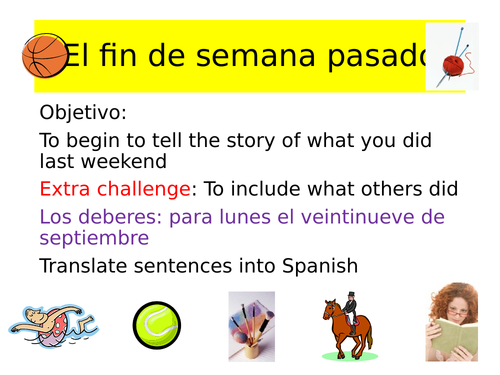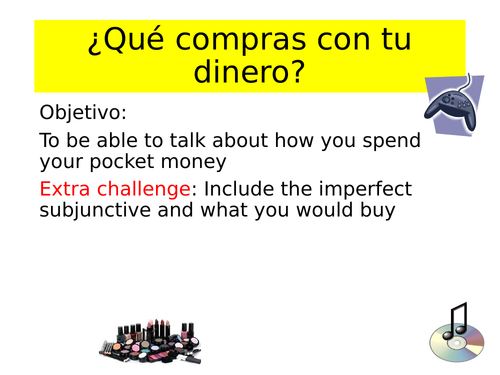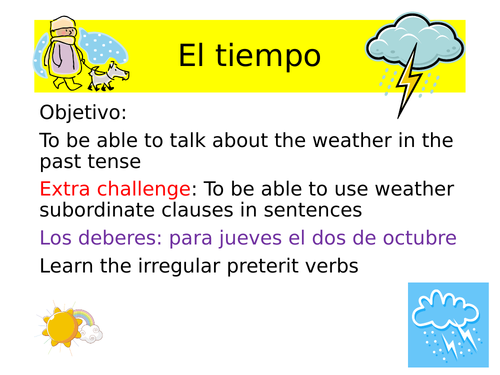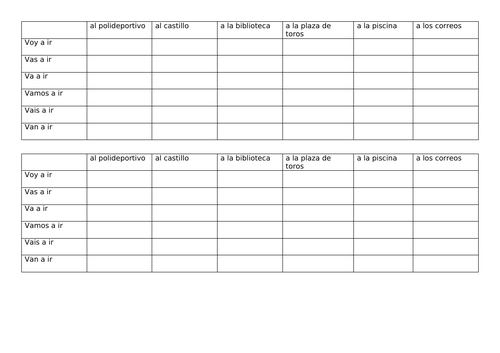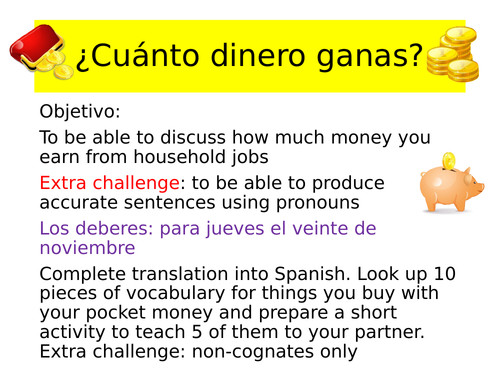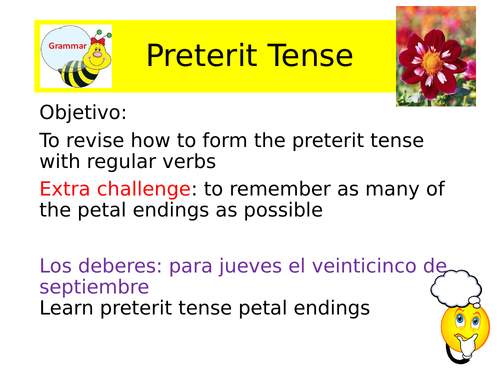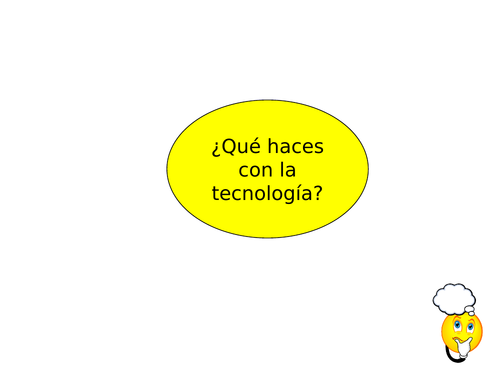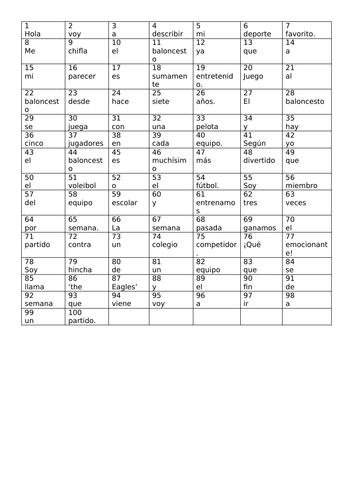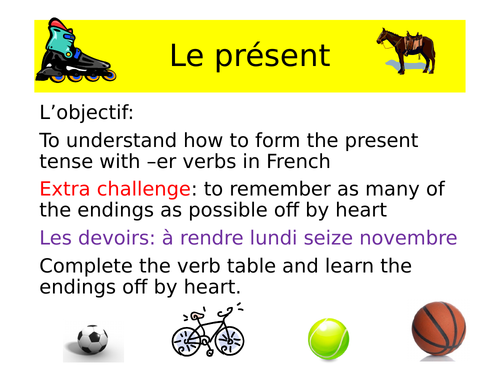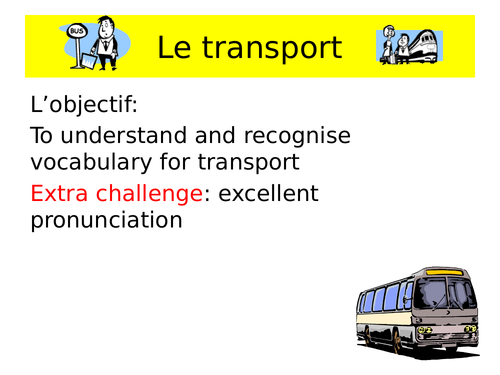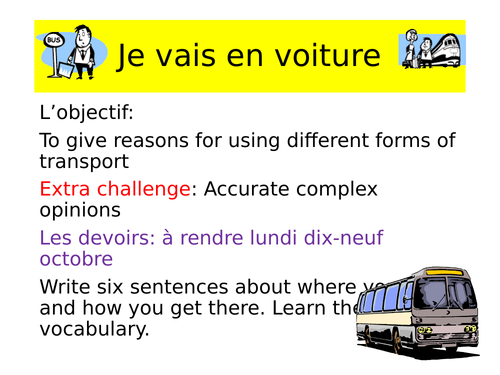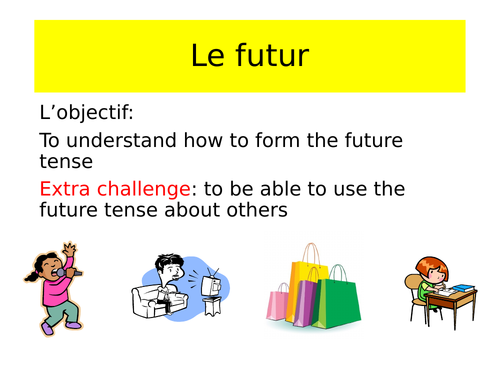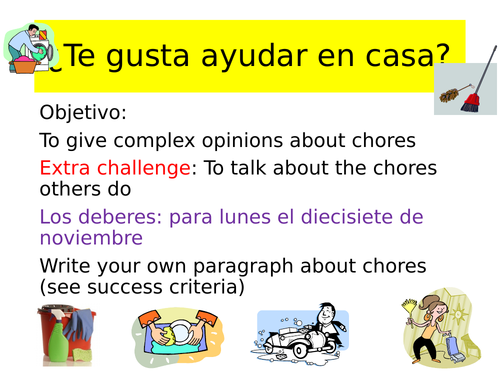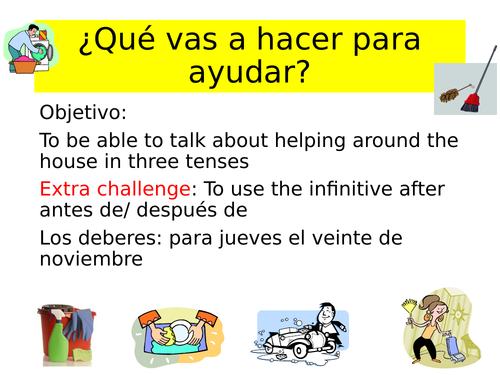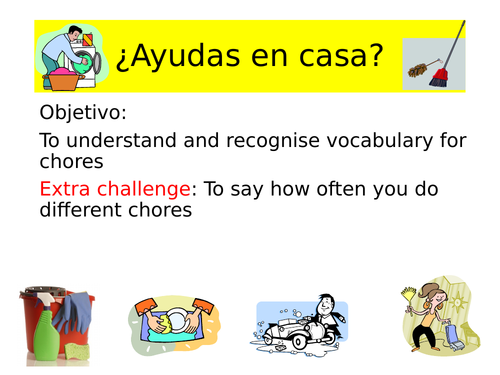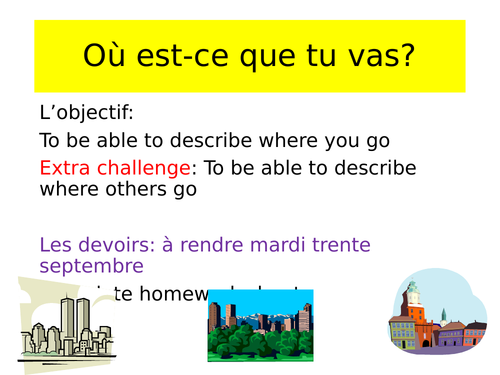Señora Renouf's French & Spanish Resources
I did my undergraduate degree in French and Spanish at the University of Cambridge and my PGCE at King's College, London. I teach French and Spanish from KS3 to KS5. When starting out I realised that there weren't many high-quality resources available to download or available at my school so I spent hours and hours creating my own! I'd love to share them with you. There are lots of engaging games and AFL activities available. Lots of my resources are geared towards the more able students.

